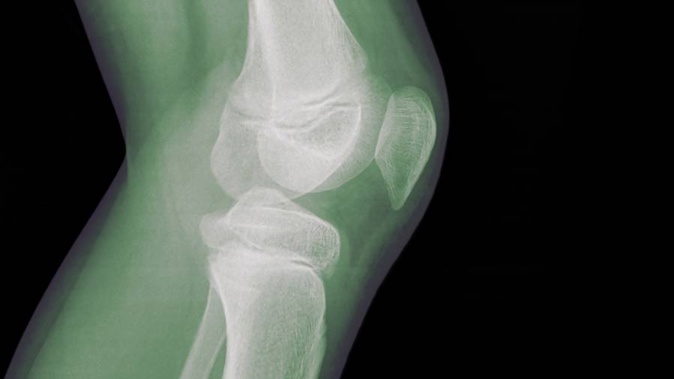Auckland DHB's chief nursing officer Margaret Dotchin said Auckland City Hospital had the busiest July ever this year, with 136 influenza hospital admissions recorded, compared to 41 in July 2016.
"The flu season this year is very different to last year - it has come much earlier and with vastly greater numbers."
An Auckland anaesthetist, who spoke on the condition he was not identified, said at peak times of the day occupancy often hit about 115 per cent and patients were forced to sleep in waiting rooms because there were no spaces available for them.
"It isn't uncommon now to have 65 patients waiting for acute (not elective) surgery," he said. "Nobody is getting elective surgery at the moment. It's not a sustainable system."
Elective surgery patients who had their treatment postponed were bound to be frustrated and angry but staff worked extra hard to make sure those who were treated got top quality care.
"Staff are more likely to burn out and think about quitting and think about why you do it and wanting a holiday. It's not a sustainable way to work."
He said hospitals needed more operating theatres, more specialist doctors and more beds and the only way that was going to happen was through more funding.
Association of Salaried Medical Specialists executive director Ian Powell said not did the surge mean specialists were dealing with more patients but their workload was also being increased by the need for immediate treatments.
"Acute operations and acute treatments are invariably more complex than elective surgery," he said.











